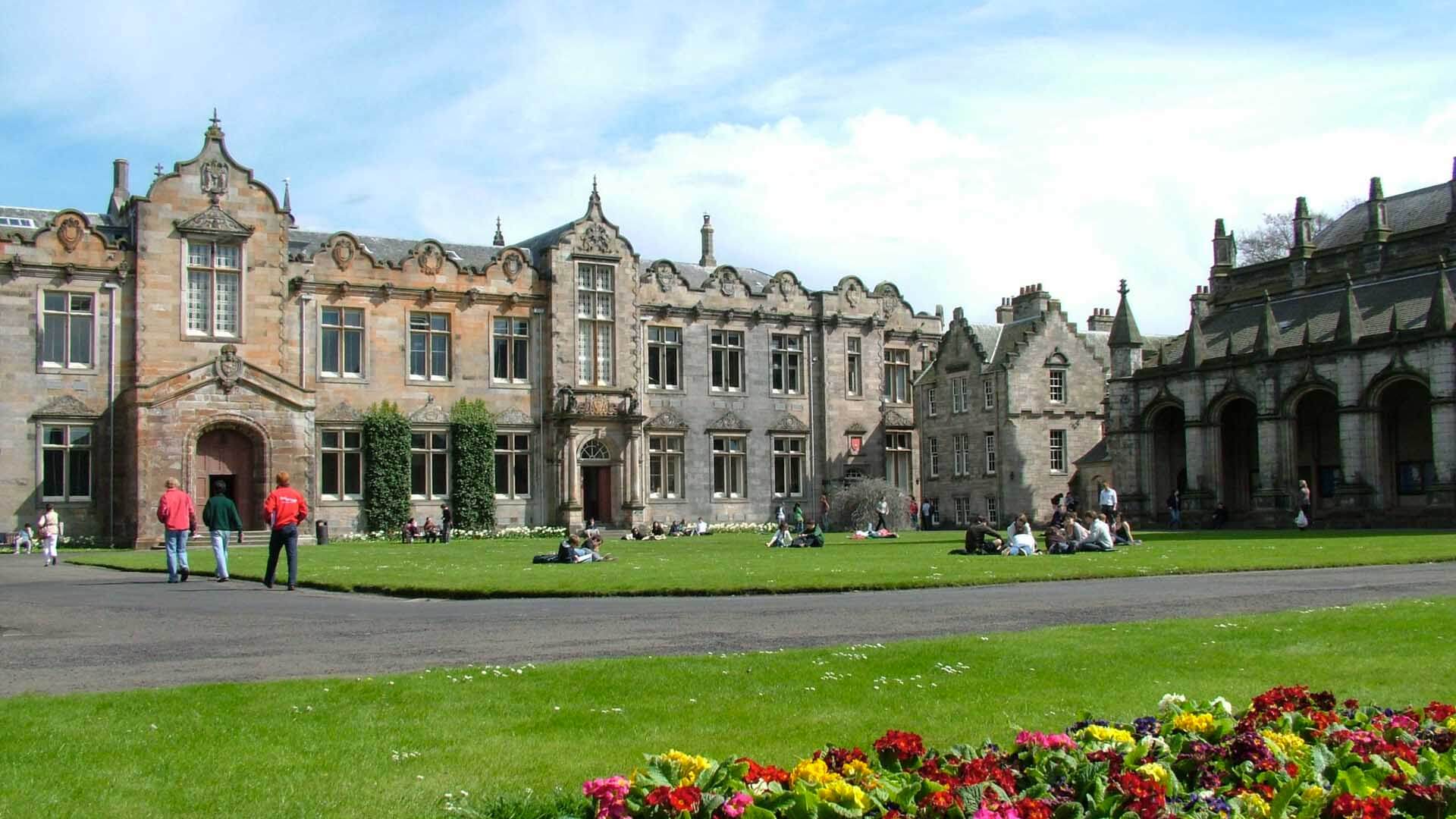University of St Andrews: New biotech partnership helps St Andrews cultivate sustainable future for Sub-Saharan Africa
The University of St Andrews has welcomed a delegation of academics from Ghana as part of the British Council-funded Innovation for African Universities programme, which aims to stimulate the bioscience sector across Sub-Saharan Africa helping it develop ground-breaking solutions to issues including food and energy production.
During their visit to the University’s School of Medicine, delegates from two Ghanaian Universities – University of Health & Allied Sciences and University of Cape Coast – took part in the St Andrews Lean Management Training Programme aimed at identifying efficient ways to accelerate research innovations and sustain young biotech start-ups.
The St Andrews link has been led by Infection and Global Health expert and Senior Research Fellow in Medicine at St Andrews, Dr Wilber Sabiiti, who said the partnership could be key to finding solutions to a range of societal issues across Ghana and wider Sub-Saharan Africa.
Dr Sabiiti said: “Bioscientists work in a range of sectors, including diagnostics, pharmaceuticals, energy research and manufacturing, so upskilling graduates in this sector could be transformative for Africa. We believe through collaboration we can leverage an established bio-tech industry in the UK and other countries around the world, to nurture the young industry in Ghana.
“During the visit, we also hosted a meeting at the School of Medicine to talk about the Innovation for Africa programme and the impact it is making. We were pleased to be joined by St Andrews alumnus Dr Robert Bell who talked about the Kenten project, focusing on the prevention of post-harvest loss in Ghana for food security and sustainable incomes. Dr Bell said financing is critical but most of the bankers his project has engaged state most business proposals from young entrepreneurs are not compelling for the banks to invest.”
Commenting on what happens now, Dr Sabiiti said: “The bioenterprise and Kenten projects will partner to implement a process mapping course to enable bioscientists and other graduates pave a path for their starts. We will also work on identifying a pilot project to implement in Ghana that can make a difference. Going beyond the traditional academic funders is one of the strategies that team will undertake to make things happen.”
Dr Kwabena Duedu, Senior Lecturer in Biomedical Sciences, University of Health and Allied Sciences, Ghana, commented: “Our hope is through this project we can begin raising a new generation of entrepreneurial bioscientists, so that in the next couple of years we see start-ups coming up, and into the longer term we should see some of them thriving.”
Omane Acheampong, Associate Professor of Clinical Microbiology and Immunology, Cape Coast University in Ghana, added: “We believe that by equipping students with the knowledge to translate what they do at school into marketable products will help them get employment, start up something on their own and even employ others.”
British Council representative Christiana Bandoh said: “Through stronger peer-to-peer connections and sharing best practices and knowledge between higher education institutions, the programme aims to enhance students’ employability and support economic development across Ghana and Sub-Saharan Africa now and into the future.”

